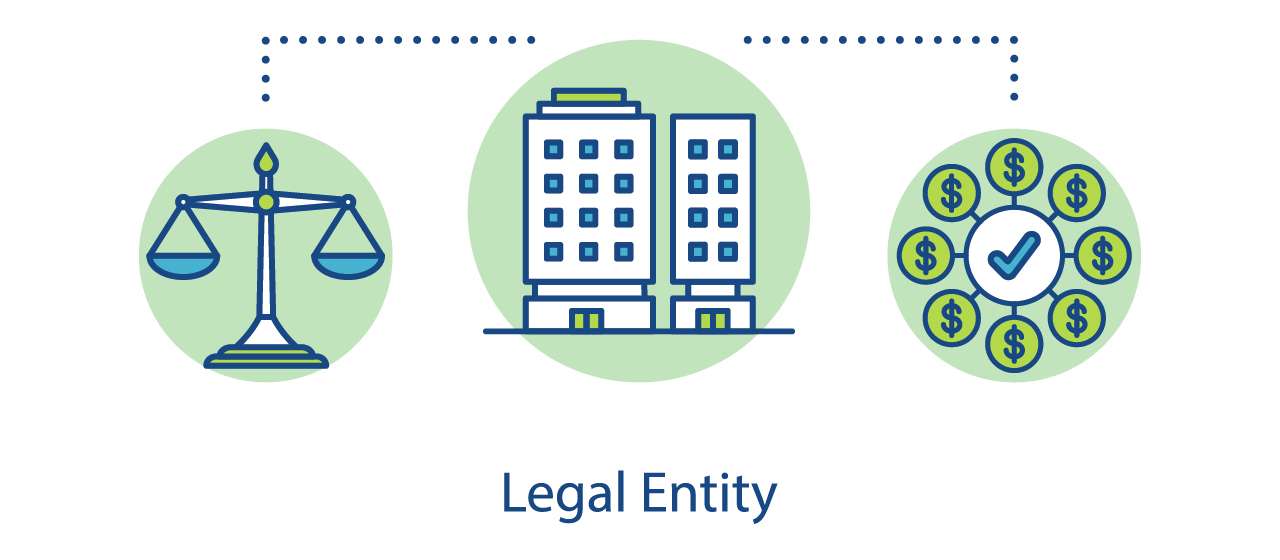The Importance of US Disclosure for Expats: What You Need to Know
Courtney Griffiths
September 9, 2024

Living as an expat can be an exciting adventure, but it also comes with a host of responsibilities that may not be immediately obvious. One of the most crucial yet often overlooked aspects is the importance of US disclosure for American citizens living abroad. Navigating the complexities of tax reporting and financial transparency as a US expat can be daunting, but it’s essential to ensure compliance and avoid hefty penalties. Let’s break down why US disclosure is important and what expats need to know to stay on the right side of the law.
1. Understanding US Tax Obligations
Unlike most countries, the United States taxes its citizens based on citizenship rather than residency. This means that even if you live and work abroad, you are still required to report your global income to the Internal Revenue Service (IRS). This is a critical aspect of US disclosure for expats, and failing to understand this obligation can lead to significant consequences.
The IRS requires expats to file a federal income tax return annually if their income meets certain thresholds, even if they do not owe any tax due to deductions or credits like the Foreign Earned Income Exclusion (FEIE) or Foreign Tax Credit (FTC). Filing your return is crucial because it helps avoid future complications or penalties, especially if you plan to return to the US or maintain financial ties there.
2. FBAR and FATCA Reporting
For US expats, two key disclosure requirements are the Foreign Bank Account Report (FBAR) and the Foreign Account Tax Compliance Act (FATCA). Both have specific rules about disclosing foreign assets, but they serve different purposes.
- FBAR: Expats who have financial accounts outside the US that exceed $10,000 at any time during the year must file an FBAR. This report is submitted to the Financial Crimes Enforcement Network (FinCEN) and is separate from your tax return. Non-compliance can result in severe penalties, including fines that range from thousands to hundreds of thousands of dollars.
- FATCA: This law requires US taxpayers with foreign financial assets above certain thresholds to report them on IRS Form 8938, filed with their tax return. FATCA not only applies to individual taxpayers but also places reporting requirements on foreign financial institutions, ensuring the IRS can track offshore accounts.
Both FBAR and FATCA are essential for expats, and failing to file can lead to hefty fines or even criminal charges in extreme cases.
3. Avoiding Double Taxation
One of the biggest concerns for expats is the fear of being taxed twice—once by their host country and again by the US. Fortunately, there are mechanisms in place to prevent this from happening.
- Foreign Earned Income Exclusion (FEIE): This allows expats to exclude up to a certain amount of foreign-earned income from US taxation, provided they meet specific residency or physical presence tests.
- Foreign Tax Credit (FTC): If you’ve paid taxes to a foreign country, you can often claim a credit on your US tax return to offset the taxes paid abroad, reducing or eliminating your US tax liability.
It’s important to understand how these exclusions and credits work, as they are vital tools to reduce your tax burden and simplify compliance.

4. Staying Compliant to Avoid Penalties
Non-compliance with US tax and financial disclosure laws can have severe consequences for expats. Penalties for failing to file an FBAR, for example, can be as high as $10,000 for each non-willful violation, and much higher for willful violations. Similarly, FATCA violations can result in steep penalties, including $10,000 for failing to file Form 8938, with additional fines accruing if the failure continues.
Beyond financial penalties, non-compliance can also complicate your future. It may lead to difficulties renewing your passport, applying for a mortgage in the US, or even issues with re-entering the country.
5. The Importance of Professional Help
Given the complexities of US tax law for expats, it’s often wise to seek professional assistance. Many expats find themselves overwhelmed by the sheer amount of paperwork and the intricacies of forms like the FBAR and FATCA. Tax professionals who specialize in expat tax issues can help ensure you meet all your obligations while taking advantage of available deductions and credits to minimize your tax liability.
They can also assist with navigating any potential issues that may arise, such as late filing or discovering previously undisclosed foreign accounts.
Conclusion
Living abroad comes with many rewards, but expats cannot afford to overlook the importance of US disclosure. From filing annual tax returns and FBARs to meeting FATCA requirements, staying compliant with US tax laws is crucial to avoid hefty penalties and protect your financial future. With proper planning, expats can manage their US tax obligations effectively while enjoying the benefits of their international lifestyle. If you’re unsure about your specific situation, seeking the help of a tax professional can save you time, money, and unnecessary stress in the long run.
Whether you’re new to expat life or a seasoned traveler, understanding and complying with US disclosure rules is a must for financial peace of mind.
This blog provides an overview of key tax reporting requirements for US expats and the importance of maintaining compliance with US disclosure laws.
Recent Posts
Have Any Question?
Consult Our Expert Tax Consultants for your Cross-Border Taxes!
- +44 (0)2034354425
- info@harrisonswift.com
Categories
Frequently Asked Questions
A tax advisor provides high-level strategic guidance on overall tax planning; a tax consultant offers specific advice on compliance and regulations; and a tax accountant focuses on practical implementation, managing records, and preparing tax returns.
The key distinction lies in the level of involvement and scope of services each professional provides, ranging from strategic planning to detailed compliance and execution.
To file your US tax return from the United Kingdom, you can follow these general steps:
- Determine your filing status and gather necessary documents.
- Consider using tax preparation software or engage a tax professional.
- Complete the required forms and report worldwide income.
- Utilise tax treaties and foreign tax credits to avoid double taxation.
- Submit your return by the deadline.
Alternatively, for a streamlined process, consider using Harrison Swift, a reliable company specialising in US tax services. With Harrison Swift, you can easily navigate the complexities of US tax filing from the UK, ensuring accurate and efficient submission of your tax return.
Absolutely! At Harrison Swift, we proudly offer expert international tax advice tailored specifically for individuals in the UK. Our dedicated team is committed to providing comprehensive support to help you navigate the complexities of cross-border taxation with confidence and ease. Count on us for personalised solutions to optimise your financial strategies and ensure compliance with international tax regulations. Your peace of mind is our priority at Harrison Swift.
A UK tax specialist can assist with dual citizenship taxes, helping individuals navigate the complexities of tax obligations in both countries - but only if they are dual qualified. At Harrison Swift, our company specialises in facilitating the process of filing US tax returns, making it easy for individuals with dual citizenship to meet their tax obligations seamlessly and efficiently. Our dedicated team is well-versed in the intricacies of cross-border taxation, ensuring compliance and optimising financial outcomes for our clients.
Our Blog
Latest Blog & Articles
The New “Digital Nomad”: Working Across Borders and the US/UK Tax Traps
The New “Digital Nomad”: Working Across Borders and the US/UK Tax Traps Muhammad Zeeshan June 11, 2025 Tax In...
Setting Up a UK Business as a US Person: Legal Entity Pitfalls
Setting Up a UK Business as a US Person: Legal Entity Pitfalls Muhammad Zeeshan June 11, 2025 Tax For...
Phantom Gains: When FX Movements Create Unexpected Tax Bills
Phantom Gains: When FX Movements Create Unexpected Tax Bills Muhammad Zeeshan June 11, 2025 Tax For many US/UK taxpayers,...



